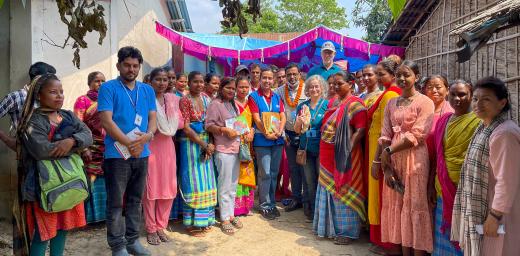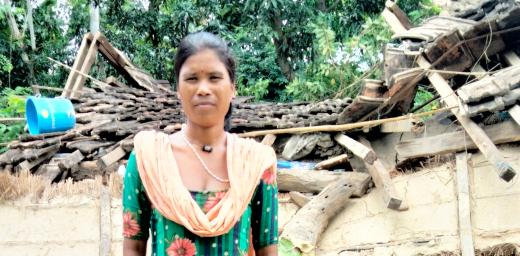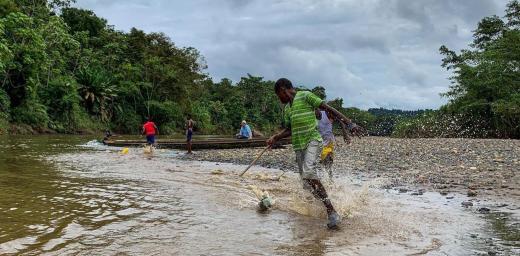Faith, service, and solidarity
(LWI)—Dedication and commitment to the most vulnerable: The LWF country program in Nepal is celebrating 40 years of service to people in need this month. In a message, the team thanked critical partners for their long-term support and celebrated the achievements of four decades of work in the country.
"As we celebrate the 40th anniversary, we are full of profound gratitude and heartfelt joy," said Dr Bijaya Bajracharya, LWF Country Director in Nepal. This milestone marks four decades of commitment to justice, peace, and human dignity, reaching 18 districts (out of 77) of Nepal. It is a testament to the collective effort, resilience, and dedication."
Beautiful country – low development
LWF Nepal was established in 1984 to support the development of marginalized groups in underdeveloped locations. "Depicted in tourist brochures as a secluded fairy-tale country at the foot of the towering Himalayas, (...) Nepal presents quite a different picture when it is analyzed in terms of development indicators such as per capita income, life expectancy, infant mortality and literacy," the first LWF Nepal Resident Representative, Gerrit ten Velde, writes in the 1984 LWF Nepal Annual Report.
"Water resource development in Baglung district, sericulture development in Ilam district, and the response to the Dolakha landslide were the entry point of LWF in Nepal," recalls Gopal Dahal, LWF Nepal program manager who has been with the program since the beginning. In the first year, the program worked with a total budget of USD 184,000.
The country program expanded its work in the following years, focusing on the most disadvantaged communities. Among them were lower caste groups (Dalits), former bonded laborers and domestic workers (Haliyas, Kamaiyas, and Kamlaris), and marginalized Indigenous communities, as well as traditionally disadvantaged groups like women, youth, and people with disabilities.









